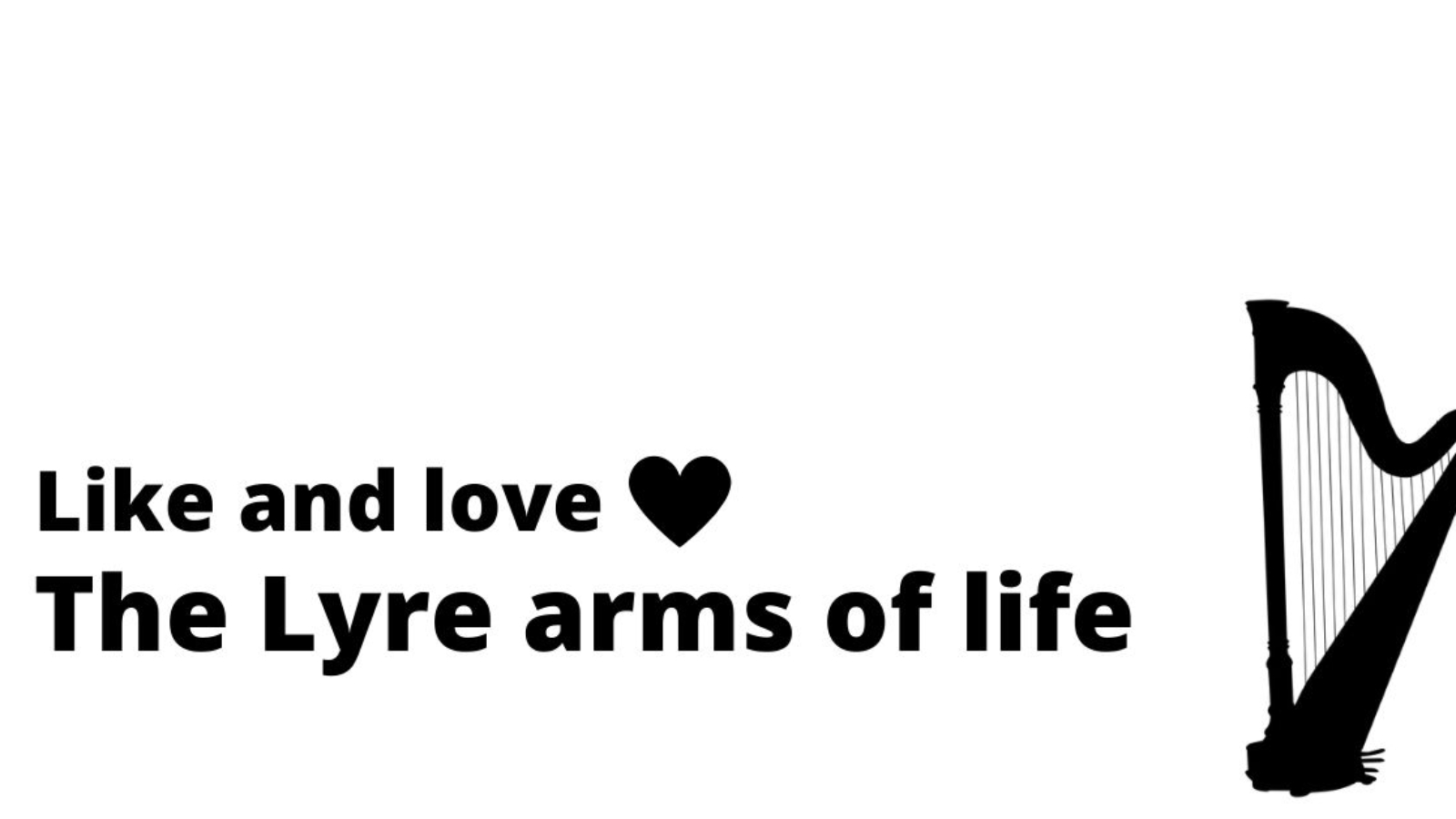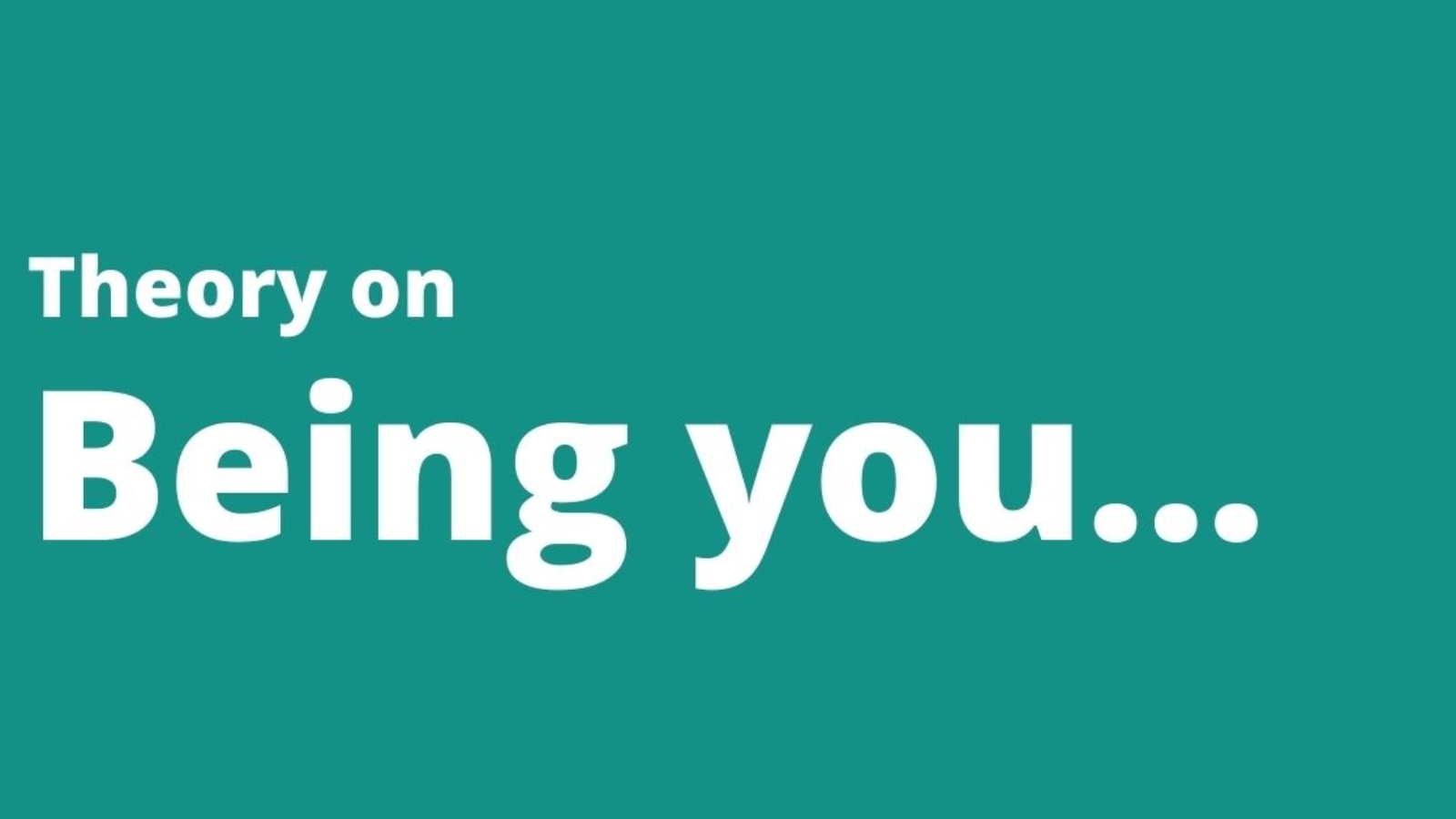STRANDOMS: the stray and random thoughts
April 29, 2018
Prof. S. Ramkumar
Education
Did you WhatsApp today?
Over civilizations of human existence communication has been a key element of progress. The nature of this from sounds and gestures have moved to language and then to pictures, symbols and letters. Now we are in a Whats App (WA) era, which is growing fast to even replace the word communication, with technologies and techies (the present day humans) facing it. This is a vast area of discussion. Some preliminary thoughts!
Communication is an amazing phenomenon that helps humans to share thoughts, ideas, feelings, facts, emotions…( and what not !)- all which can be scientifically termed “messages”. It’s a matter-energy exchange which involves head and heart, decided by the individuals involved, which itself depends on a myriad of factors. The ultimate aim is to converge on, and share with the messages so as to move ahead in life. Communication which doesn’t involve verbal exchanges (or non verbal communication) are more dominant, and are in fact considered to be more honest and voluntary expressions of messages!

The present day of communication can be classified into a pre and post-Whats App(WA) time line (leave alone the FB and Google). This communication through WA is bringing in a new language of message exchanges based on the 26 English Alphabets (of course other languages are in picture!) and the numbers of emojis..and other different pictures as given by WA. Compared to SMS it gives more life to the exchanges, adds more emotions and links the persons in a clearer fashion as deciphered, from the symbols/letters/pictures provided by WA reminding the Egyptian hieroglyphics. In fact it adds more non verbal elements to exchange, compared to SMS. This tends to make it more effective, connected and lively.
Reading a message and making a meaning of it, is a challenging one, sometimes for a third person, where as it’s not so in an SMS. The context of communication has a greater mileage in WA: like it makes people interact more personal, more intimate, adds on empathy, sharing is more emotional rather than academic, indicative of moods- all these making people to experience WA rather do WA. Care needs to be taken especially when messages are being send to many (which is common) at the same time. This becomes more so for the pre-WA generation, who approaches it with some apprehension and anxiety. Consider two post-WA generation youngsters messaging; they are psychologically tuned to the same wave length of understanding the emotions, accepting it and moving ahead. It need not be so if it’s between a post WA senior person and pre WA junior person. Lots are to be learned on the ethics of usage, especially the intention, content and personality of the communicators of WA, if it needs to be so. Alternatively WA can also help in identifying the personality of individuals too.
As like any technology the use of WA is tremendous, the scope depends on the people who involve, and the output based on the tuning of the sender and receiver (so to say difficult for a third person sometimes to pluck one sentence and interpret! especially the intent of the message). The use of WA is being discussed widely, interestingly sometimes as you find more WA “work stations in home” (father mother and son/daughter.. Whats apping!), getting connected to a wonderful world, but maybe missing a wonderful world of interaction between family members.
But then technology always comes with a cost – social, economic or cultural! WA is replacing communication in a larger sense with its scope of multi-connectedness, fastness, intimacy, creativity, concern and hidden empathy.
Connect with care. Care the connected

















